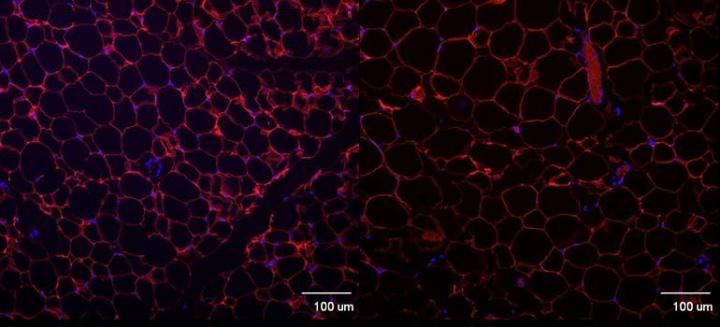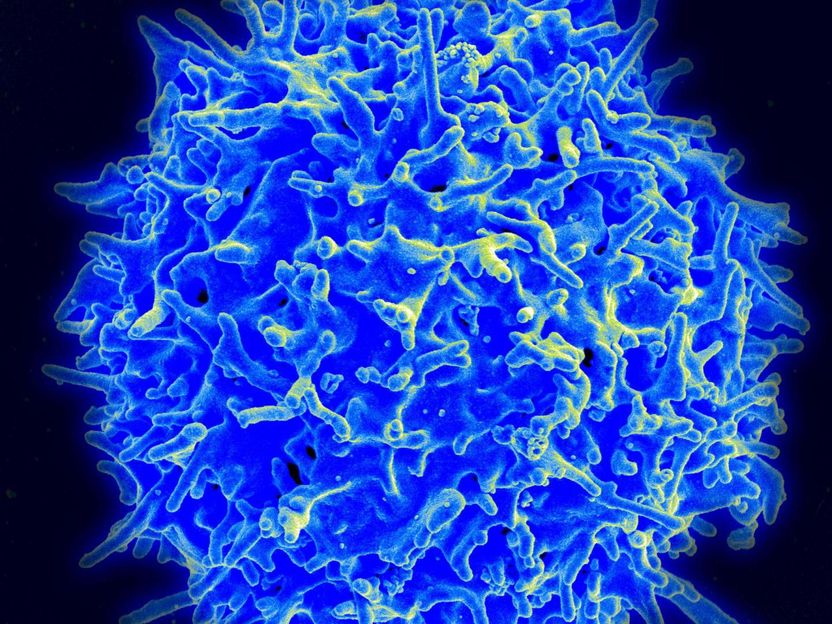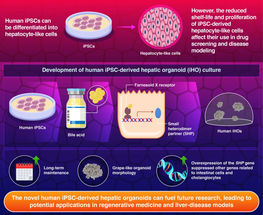UBC scientists discover possible 'obesity gene'
Scientists have discovered a gene that could be an important cause of obesity.
The gene, which encodes a protein called 14-3-3ζ, is found in every cell of the body. But when scientists silenced the gene in mice, it resulted in a 50 per cent reduction in the amount of a specific kind of unhealthy "white fat" - the kind associated with obesity, heart disease and diabetes. The fat reduction occurred despite the mice consuming the same amount of food. Mice that were bred to have higher levels of the 14-3-3ζ protein were noticeably bigger and rounder, having an average of 22 percent more white fat when fed a high calorie diet.

Gareth Lim, UBC
Earlier this year, a consortium of scientists found over 100 regions on the human genome that correlate with obesity, likely through regulating the brain's perception of hunger and the distribution of fat throughout the body. That study, however, did not identify the gene that encodes 14-3-3ζ, which controls the production of fat cells (known as adipogenesis) and the growth of those cells.
Discovery of this direct link between a protein and fat production points the way to a possible drug therapy. Scientists theorize that by suppressing the gene or blocking the protein, they could prevent fat accumulation in people who are overweight, or are on their way to becoming so.
"People gain fat in two ways - through the multiplication of their fat cells, and through the expansion of individual fat cells," said Gareth Lim, a postdoctoral fellow in UBC's Life Sciences Institute. "This protein affects both the number of cells and how big they are, by playing a role in the growth cycle of these cells."
Lim and James Johnson, a professor of cellular and physiological sciences, began investigating the 14-3-3 family of proteins four years ago as it often shows up in the unhealthy fat tissue of obese people. This study not only identified zeta as the operative protein, but demonstrated a clear cause-and-effect between 14-3-3ζ and fat accumulation.
"Until now, we didn't know how this gene affected obesity," Johnson said. "This study shows how fundamental research can address major health problems and open up new avenues for drug discovery."
Original publication
Most read news
Original publication
Gareth E. Lim, Tobias Albrecht, Micah Piske, Karnjit Sarai, Jason T. C Lee, Hayley S. Ramshaw, Sunita Sinha, Mark A. Guthridge, Amparo Acker-Palmer, Angel F. Lopez, Susanne M. Clee, Corey Nislow & James D. Johnson , "14-3-3ζ coordinates adipogenesis of visceral fat", Nature Comm., 2015
Organizations

Get the life science industry in your inbox
By submitting this form you agree that LUMITOS AG will send you the newsletter(s) selected above by email. Your data will not be passed on to third parties. Your data will be stored and processed in accordance with our data protection regulations. LUMITOS may contact you by email for the purpose of advertising or market and opinion surveys. You can revoke your consent at any time without giving reasons to LUMITOS AG, Ernst-Augustin-Str. 2, 12489 Berlin, Germany or by e-mail at revoke@lumitos.com with effect for the future. In addition, each email contains a link to unsubscribe from the corresponding newsletter.
Most read news
More news from our other portals
Last viewed contents

"Waltzing" nanoparticles could advance search for better drug delivery methods - "Swirling and spinning" of therapeutic nanoparticles
Strongyloides_stercoralis























































